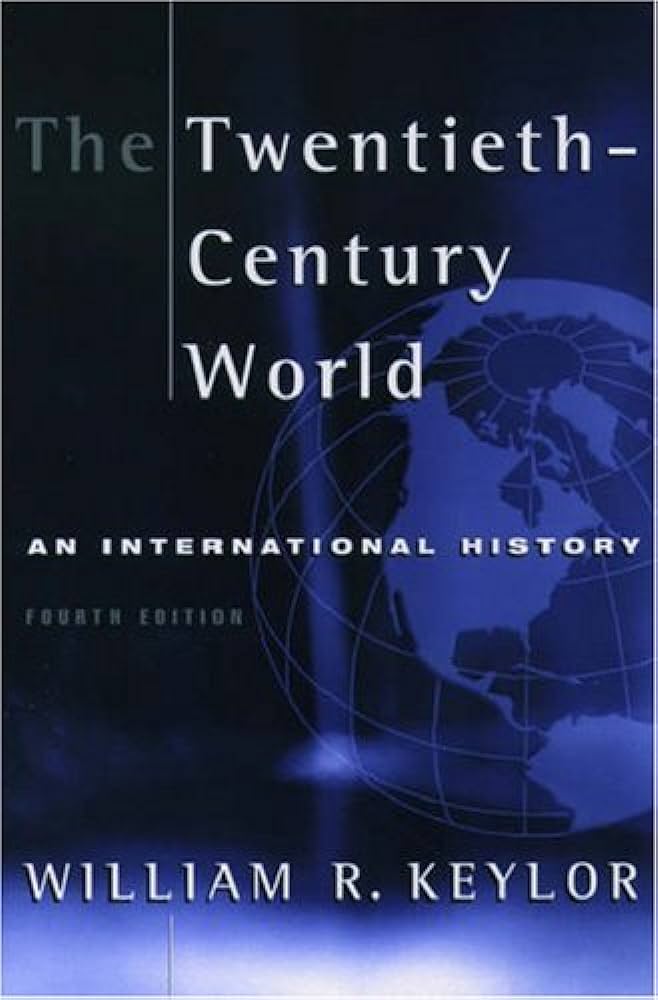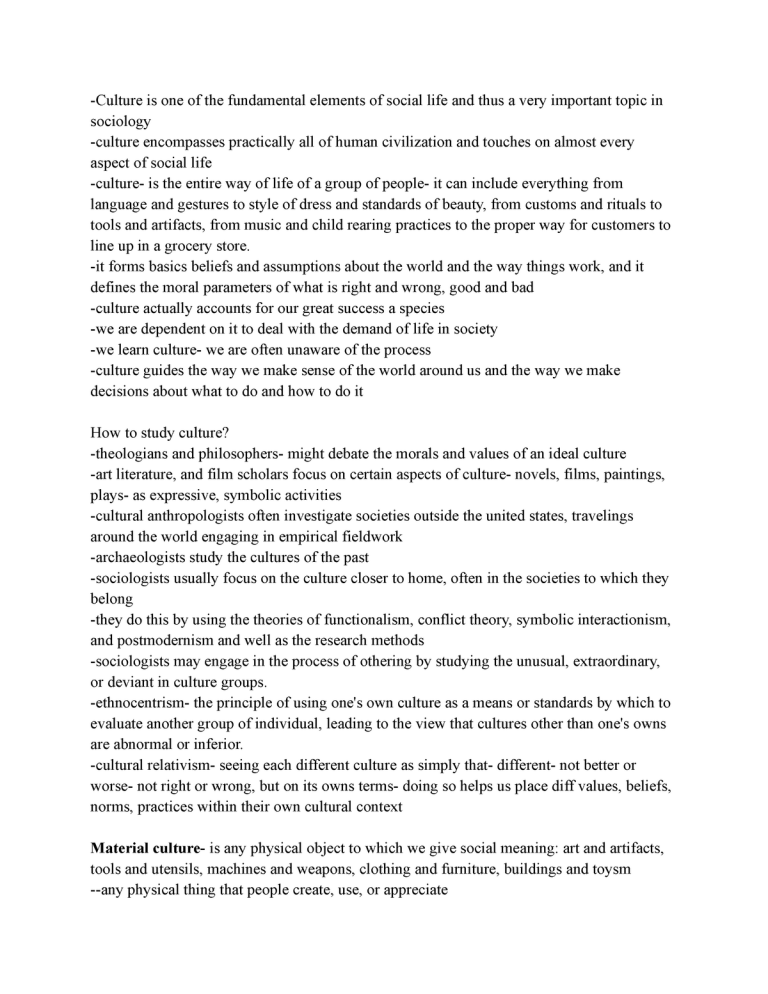Qur’an Definition World History Importance
The Qur’an is the central religious text of Islam, believed by Muslims to be a revelation from God. It is widely regarded as the finest piece of literature in the Arabic language and has been described as the most read and memorized book in the world, with over 1.6 billion copies in circulation. The Qur’an is divided into 114 chapters, known as surahs, and contains verses, or ayahs. It contains a wide range of topics including stories, laws, and wisdom. The Qur’an is the spiritual, moral, and historical foundation of Islam, providing guidance on how to live a righteous life and achieve salvation. It is seen as the basis of Islamic law and is a source of inspiration for Muslims around the world. Its importance in Islamic life is unparalleled, and its teachings are a source of guidance and reflection for all believers.
Definition of the Qur’an
The Qur’an is the central religious text of Islam, believed by Muslims to be God’s Final Revelation to mankind. It is the primary source of guidance for all aspects of Islamic life and faith. Written in the Arabic language, the Qur’an is composed of 114 chapters known as surahs, with each surah divided into verses known as ayat. The Quran is the only holy book that has been completely preserved in its original language.
The Quran contains numerous stories, parables, and verses that are meant to provide guidance to Muslims on various aspects of life including morality, worship, and social issues. It also includes descriptions of the afterlife, warnings of the consequences for those who reject faith, and descriptions of paradise for those who obey God’s commands.
The Qur’an is considered by Muslims to be the literal word of God, as revealed to the Prophet Muhammad through the angel Gabriel over the course of twenty-three years. Muslims believe that the Qur’an is the only source of eternal truth, and that it is immutable and incorruptible. As such, the Qur’an is the primary source of knowledge and truth for Muslims, and it is used as the ultimate authority in all matters of Islamic law and theology.
History of the Qur’an
The Qur’an is the sacred book of Islam, revealed to the Prophet Muhammad over the course of 23 years. It is the primary source of guidance and direction for Muslims, and is considered the culmination of divine revelation. The Qur’an is believed to be the literal word of God, revealed in Arabic. Throughout its history, the Qur’an has been the source of spiritual inspiration and guidance for millions of Muslims around the world.
The history of the Qur’an begins with its revelation to the Prophet Muhammad in the seventh century. For the first few decades, the Qur’an was revealed in pieces, and was written down and memorized by the Prophet’s companions. Following the death of the Prophet, the Qur’an was compiled and organized in the form of a book. This compilation was overseen by the caliph Abu Bakr, and the resulting book was widely accepted by Muslims as the authoritative version of the Qur’an.
Throughout its history, the Qur’an has been the source of guidance and inspiration for Muslims. It is a source of spiritual nourishment, and has been used to establish laws and regulations, teach moral principles, and provide comfort and solace to those in need. The Qur’an is also a source of strength and resilience in times of struggle and adversity. The Qur’an is a timeless source of spiritual guidance, and its timeless words continue to provide inspiration and direction to millions of Muslims around the world.
The Geographical Impact of the Qur’an
The Qur’an has had a profound impact on the world around us. Not only is it a source of divine guidance for Muslims, but its teachings and messages have also had a significant influence on history, politics, and culture. The Qur’an has been used to justify certain actions, explain certain events, and inform the way in which certain societies have been organized. It has also been used to spread the message of Islam, as well as to create a sense of unity among Muslims across the world.
In terms of geography, the Qur’an has had a major impact on the world. The spread of Islam has been largely attributed to the Qur’an, as its teachings have been used to explain certain aspects of life and encourage people to follow its teachings. Furthermore, the Qur’an has also been used to explain certain geographical phenomena such as earthquakes and mountains. This has allowed Muslims to better understand the world around them and to make sense of the various phenomena that occur in the natural world.
In addition, the Qur’an has also been used to explain certain geographical concepts. For instance, the Qur’an has been used to explain the concept of “Dar al-Islam” which is an important concept in Islamic geography and refers to the areas of the world in which Islam is the dominant religion. This concept has been used to explain the differences between Islamic and non-Islamic countries and to explain why certain areas are predominantly Islamic.
Finally, the Qur’an has also been used to explain certain geographical features such as rivers, deserts, and mountains. This has been used to help Muslims navigate through their environment and to understand the world around them.
Overall, the Qur’an has had a major impact on the world and its geography. Its teachings and messages have been used to explain certain geographical concepts, as well as to spread the message of Islam. Furthermore, it has been used to explain certain geographical phenomena and to help Muslims better understand the world around them.

The Political Impact of the Qur’an
The Qur’an is a holy book revered by Muslims around the world, but its influence extends beyond spirituality. This sacred text has had an undeniable political impact since its first revelation. The Qur’an acted as a source of inspiration and guidance for Islamic empires and dynasties throughout history. It has been a fundamental source for the development of Islamic philosophy, law, and culture, and has served as a unifying force for diverse Muslim communities across the globe.
The Qur’an has been a source of inspiration for generations of political leaders of Islamic nations, providing guidance on justice and governance. For example, in the eighth century, Islamic jurists created a legal system based on the teachings of the Qur’an and the Hadith, the teachings of the Prophet Muhammad. This system of law has been adopted by many Islamic countries and is still the basis of their legal systems today.
The Qur’an has also been a major influence in Islamic political thought. Many Islamic scholars have used the Qur’an to develop theories of governance, including theories of limited government and the importance of democracy. The teachings of the Qur’an have also been used to support the idea of an Islamic caliphate, a state governed by Islamic law, and to justify the use of violence in certain circumstances.
The Qur’an continues to be an important source of political inspiration for many Muslims around the world. Its teachings are used to inform debate on current issues, from the role of women in society to the importance of protecting human rights. The Qur’an is a source of strength for many Muslims, providing them with guidance and inspiration in times of struggle and uncertainty.
The Social Impact of the Qur’an
The Qur’an has had a profound impact on the world, for centuries. Its teachings and principles have shaped the ideas and values of people from all walks of life. From the day it was revealed to the Prophet (PBUH) in the 7th century, the Qur’an has been a source of guidance and inspiration for millions of people around the world, and it continues to influence the lives of Muslims and non-Muslims alike. It is a spiritual source for believers and a source of knowledge, wisdom, and insight for all.
The Qur’an has impacted the world in many ways, including the development of Islamic law, culture, and civilization, the spread of Islamic science, the preservation of peace and harmony in society, and the promotion of justice and equality. Its teachings and principles have been used to address a range of social issues, from poverty and injustice to human rights and gender equality. The Qur’an has also been influential in the development of Islamic art and literature, providing a source of inspiration for countless Muslim artists and writers.
The impact of the Qur’an extends beyond the Muslim world. Its teachings and principles have been adopted by non-Muslims in various parts of the world, and its teachings have been studied and discussed by scholars and academics from a range of backgrounds. The Qur’an has had an impact on the laws and values of many societies, and its teachings have been used to promote social justice, peace, and understanding between different cultures and religions.
The Qur’an is an important source of guidance and inspiration for millions of people around the world, and its teachings and principles continue to shape the values and beliefs of individuals and societies alike. Its impact on the world is undeniable, and it will continue to have a powerful influence on the lives of people for generations to come.
The Spiritual Impact of the Qur’an
in World History
The Qur’an is one of the most significant religious texts in the world, and its teachings have had a profound impact on many cultures throughout history. The Qur’an was first revealed to the Prophet Muhammad in the seventh century, and since then it has been the basis of Islamic beliefs, values, and teachings. The Qur’an is also the source of inspiration and guidance for Muslims around the world.
The Qur’an has a great spiritual significance for Muslims, as it contains messages of peace, justice, and compassion. It is an important source of moral and spiritual guidance, and it encourages Muslims to live a meaningful and virtuous life in accordance with the teachings of the Qur’an.
The Qur’an is not only a source of spiritual guidance but also a source of historical knowledge. It provides a detailed account of the historical events that have taken place in the Middle East over several centuries. This includes events such as the rise and fall of the Islamic Caliphate and the spread of Islam across the globe.
The Qur’an is also an important source of political and social thought. Its teachings are based on the principles of justice, equality, and fairness, and its teachings have been used to promote social justice and human rights around the world. It has also served as an inspiration for many philosophers and writers throughout history, and its teachings have been used to guide the development of many modern-day political systems.
The Qur’an is an essential part of the Islamic faith and its teachings have had a huge impact on the course of world history. Its teachings continue to inspire Muslims around the world and to provide a source of guidance and spiritual comfort.
FAQs About the Qur’an Definition World History Importance
Q1: What is the Qur’an?
A1: The Qur’an is the holy book of Islam containing revelations from God to the Prophet Muhammad. It is the primary religious text for Muslims and is considered to be the word of God.
Q2: What is the importance of the Qur’an in world history?
A2: The Qur’an is an important part of world history as it has shaped the beliefs and practices of 1.8 billion Muslims around the world. The Qur’an has helped to guide Islamic society and culture over the centuries and still serves as the primary religious text for Muslims today.
Q3: How does the Qur’an define the world?
A3: The Qur’an defines the world as a place of divine guidance, where people are called to recognize and worship God. It also outlines the divine principles by which humans should live, emphasizing the importance of justice, mercy, and compassion. The Qur’an also provides guidance on social and economic matters, and encourages spiritual growth and understanding of God’s will.
Conclusion
The Qur’an is an incredibly important book in world history, as it is the primary religious text of the Islamic faith. The Qur’an outlines the beliefs and values of Muslims, and is seen as divinely inspired. It is also a source of great wisdom and spiritual guidance, and is seen as a source of knowledge and truth. Its importance cannot be overstated, as it serves as a cornerstone of the Islamic faith and helps shape the values and beliefs of Muslims around the world.





